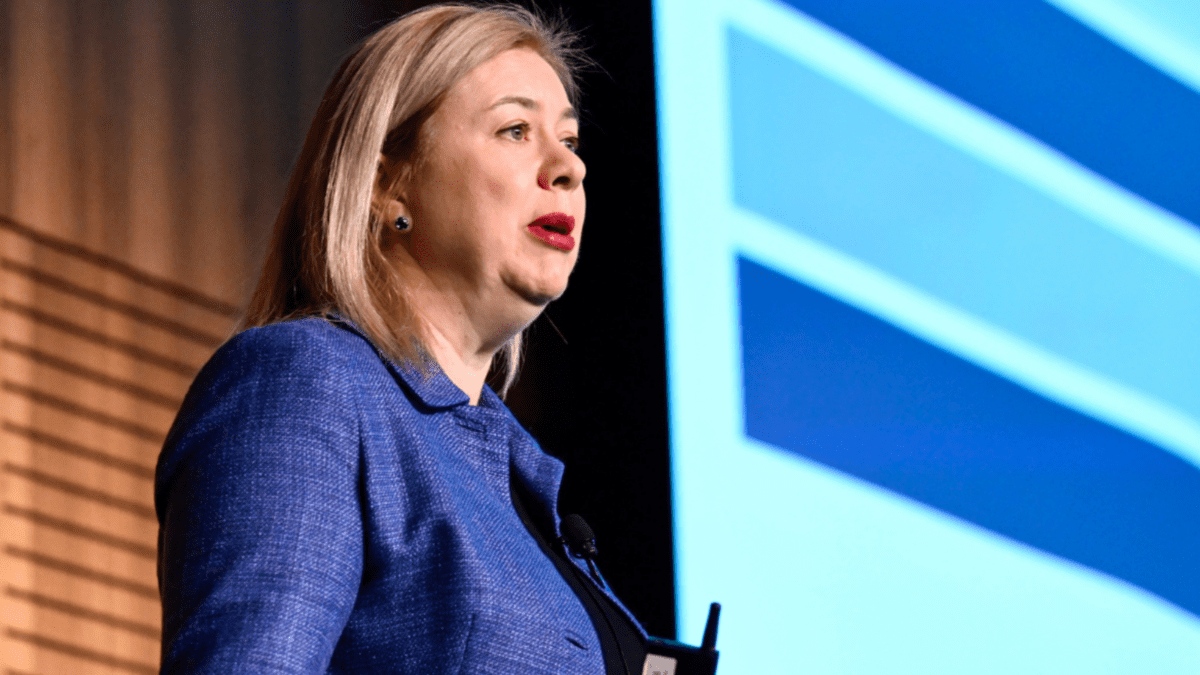The great pending advice transaction
Australia’s pension funding shortfall is a mammoth, looming crisis.
Recent data from Household Capital shows that three quarters of older Australians face a bleak future due to a combination of inadequate and uncertain income in retirement.
It is estimated that by 2025/26, government expenditure on the age pension (which only provides for a modest retirement lifestyle) will jump to $72 billion per annum.
The answer to this $72 billion problem is simple but definitely not easy. Australians need access to affordable personal financial advice.
Appropriately enough, this is the focus of the government’s Quality of Advice Review. As stated by Treasury, “the purpose of these reforms is to simplify the regulatory framework to better enable to provision of high quality, accessible and affordable financial advice”.
Treasury has observed that the compliance burden on advice businesses has driven the cost of financial advice beyond the reach of the average Australian.
This is glaringly apparent when comparing the cost of engaging other professionals.
The starting price to see a doctor in Australia is around $90 for a 15 minute consultation or $39 if the patient is bulk billed; $150 for a specialist. Similarly, accountants charge around $175 per hour to prepare a tax return. By comparison, the minimum upfront cost to engage a financial planner is around $3,500 to $5,000, due largely to the complex rules and regulations that govern the provision of personal advice. Annual ongoing fees of circa 1 to 2 per cent are on top of that.
Over 20-25 years, that’s around $100,000.
Under the current regulatory regime, it is uncommercial and risky for advisers to provide one-off limited advice.
The QAR is proposing a more principles-based approach to regulation. This will also encourage innovation and the development of alternative advice models, particularly digital advice.
Given the small number of Australians who currently receive professional advice, it is clear that existing advice models, which focus on holistic face-to-face advice and an ongoing relationship, don’t suit everyone.
This comprehensive approach has also limited advisers to around 133 clients on average according to data from Iress.
The key to disseminating quality personal advice to the masses in the short-to-medium term must lie in the greater use of technology to automate processes and drive efficiencies, supported by accommodative public policy and reform.
It must be easier for advisers to provide limited advice such as educational material.
It should also be easier for advisers to provide scoped advice, such as investment-only advice.
There must be the ability for personal advice to be transactional.
In the industry’s bid to rid itself of its product-selling roots and transition to a bona-fide profession, it abandoned the concept of transactional advice. There must be the ability for personal advice to be transactional, because relationships and transactions are not mutually exclusive.
Doctors, particularly GPs, would argue they have a relationship with their patients, based on brief interactions and transactions over many years. It can be the same with financial advice.
The system should enable advisers to meet people where they are at.
Give them what they want
The number one topic Australians want advice on is investments, according to ASIC Report 627: Financial Advice – What consumers really think. But it’s not easy to give investment-only advice.
Before a recommendation can be made clients must complete a comprehensive fact find questionnaire, establish and prioritise their financial and non-financial goals in order for an adviser to conduct a needs analysis, scope their total advice needs, and research various products and strategies.
If a client chooses to limit the scope of advice, an adviser must explain the potential risks and consequences of receiving limited advice.
That process is lengthy and expensive.
The industry needs to embrace advice tech that can help advisers get up to speed on their clients and meet their ‘Know your client’ obligations quicker and cheaper. This will help facilitate the efficient provision of transactional advice. By allowing the client to engage through technology, the exchange of information can be more efficient. Information can be updated more frequently, automatically or manually. At the same time, clients can be more engaged and interactive with their finances.
In the UK, automated advice solutions have played a key role in reducing the cost of advice and developing new ways to engage customers.
According to the 2016 Financial Advice Market Review, average advice fees in the UK (covering both advice and investment costs) are approximately 0.8 per cent for automated investment advice, compared to 1.9 per cent for holistic advice.
In transforming the advice process, technology has the power to increase business productivity, deliver scale and accelerate growth. It has the potential to create more profitable, valuable advice businesses.
Over the long term, this will see more people choose a career in the advice profession.
If the industry hopes to close the pension funding gap, help more people achieve a comfortable retirement and attract new entrants, it must embrace technology and find new ways to deliver scalable advice.
The next few years will see advancements in advice tech and the emergence of new advice models.
These developments will underpin growth in the sector and benefit all players.









